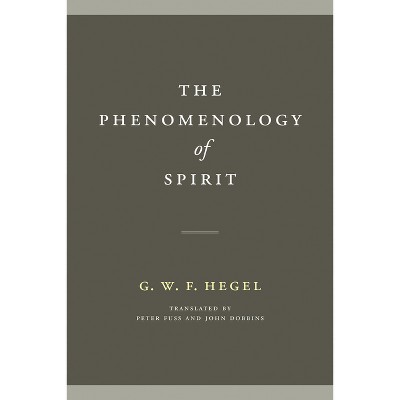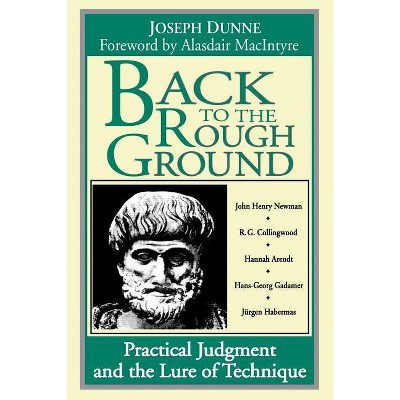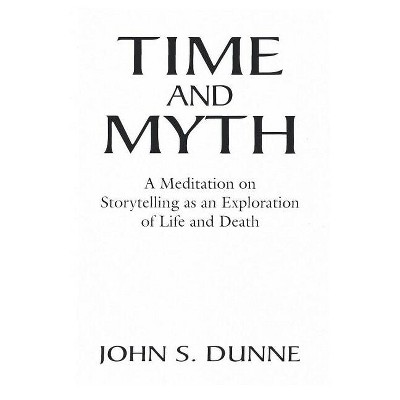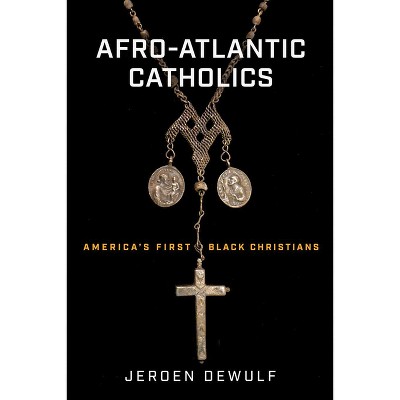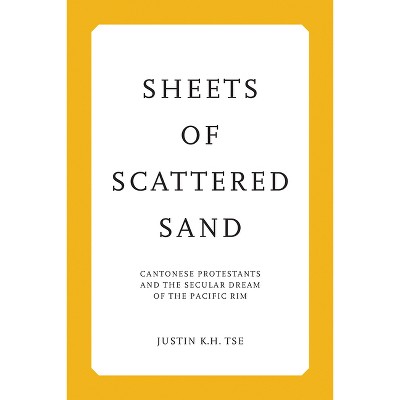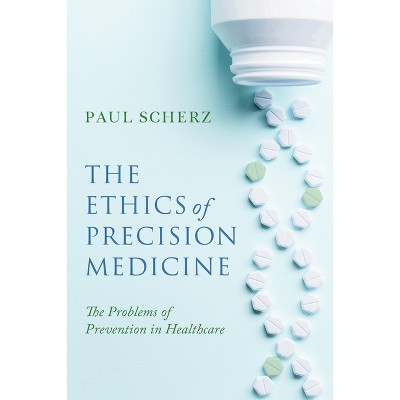Sponsored

Thinking the Unknowable - by Louis Dupré (Hardcover)
In Stock
Sponsored
About this item
Highlights
- Written throughout Louis Dupré's life, Thinking the Unknowable explores the relationship between faith and metaphysics, charting the course for an innovative Christian philosophy of religion.Louis Dupré's Thinking the Unknowable offers a sophisticated response to the subjectivist ills of modern philosophy.
- About the Author: Louis Dupré was the T. Lawrason Riggs Professor Emeritus of Religious Studies at Yale.
- 208 Pages
- Philosophy, Movements
Description
About the Book
"Louis Dupre's Thinking the Unknowable offers a sophisticated response to the subjectivist ills of modern philosophy. Drawing on a diverse host of philosophers, theologians, and phenomenologists, Dupre seeks to open up a space for faith in contemporary philosophy of religion by arguing that metaphysics cannot claim authority in the realm of the transcendent. Instead, Dupre shows that philosophers must learn to accommodate mystery in their metaphysical frameworks. Edited and introduced by Peter J. Casarella, prominent theologian and student of Dupre, the book unfolds in four parts. Dupre establishes the foundations for a new theology of language, drawing inspiration from two sources: humanist theological hermeneutics and deist biblical spirituality. The second part addresses the idea of God in modern philosophy, taking Hegel's philosophy of religion as its starting point. The third deals with the phenomenology of religion, focusing primarily on the work of Edmund Husserl and Martin Heidegger. In the fourth part, Dupre turns to the concept of mysticism, offering a sophisticated reflection on the possibility of acknowledging a transcendent horizon to human knowing in a secular age. Readers of this volume will be guided across the bridge from philosophy to faith and back again, discovering new worlds of meaning and expressions of truth."--Back cover.Book Synopsis
Written throughout Louis Dupré's life, Thinking the Unknowable explores the relationship between faith and metaphysics, charting the course for an innovative Christian philosophy of religion.
Louis Dupré's Thinking the Unknowable offers a sophisticated response to the subjectivist ills of modern philosophy. Drawing on a diverse host of philosophers, theologians, and phenomenologists, Dupré seeks to open up a space for faith in contemporary philosophy of religion by arguing that metaphysics cannot claim authority in the realm of the transcendent. Instead, Dupré shows that philosophers must learn to accommodate mystery in their metaphysical frameworks.
Edited and introduced by Peter J. Casarella, prominent theologian and student of Dupré, the book unfolds in four parts. Dupré establishes the foundations for a new theology of language, drawing inspiration from two sources: humanist theological hermeneutics and deist biblical spirituality. The second part addresses the idea of God in modern philosophy, taking Hegel's philosophy of religion as its starting point. The third deals with the phenomenology of religion, focusing primarily on the work of Edmund Husserl and Martin Heidegger. In the fourth part, Dupré turns to the concept of mysticism, offering a sophisticated reflection on the possibility of acknowledging a transcendent horizon to human knowing in a secular age. Readers of this volume will be guided across the bridge from philosophy to faith and back again, discovering new worlds of meaning and expressions of truth.
Review Quotes
"A marvel of intellectual probity and learning. It's safe to say that Thinking the Unknowable will become a standard introduction for anyone seeking an informed, efficient, and clearly argued introduction to the field of philosophical theology." --Thomas Pfau, author of Incomprehensible Certainty
About the Author
Louis Dupré was the T. Lawrason Riggs Professor Emeritus of Religious Studies at Yale. He was the author of Religion and the Rise of Modern Culture and The Quest of the Absolute: Birth and Decline of European Romanticism.
Peter J. Casarella is a professor of theology at Duke Divinity School. He is the author of multiple books, including The Whole Is Greater Than Its Parts: Ecumenism and Inter-religious Encounters in the Age of Pope Francis.
Shipping details
Return details
Trending Philosophy



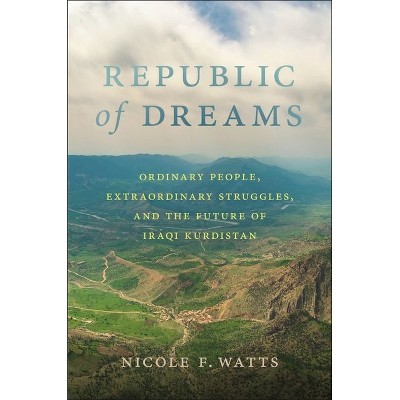


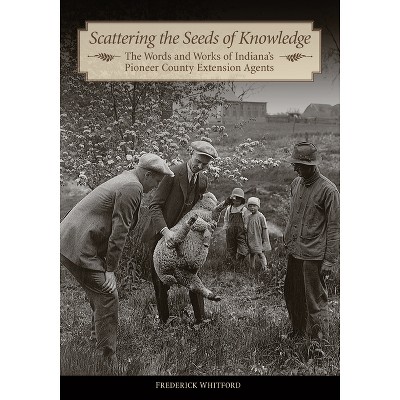
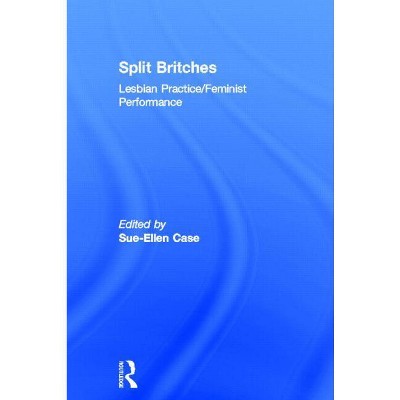



![Zen and the Art of Motorcycle Maintenance [50th Anniversary Edition] - by Robert M Pirsig (Paperback)](https://target.scene7.com/is/image/Target/GUEST_a091177a-e446-4862-8fd2-fbddb3522083)
